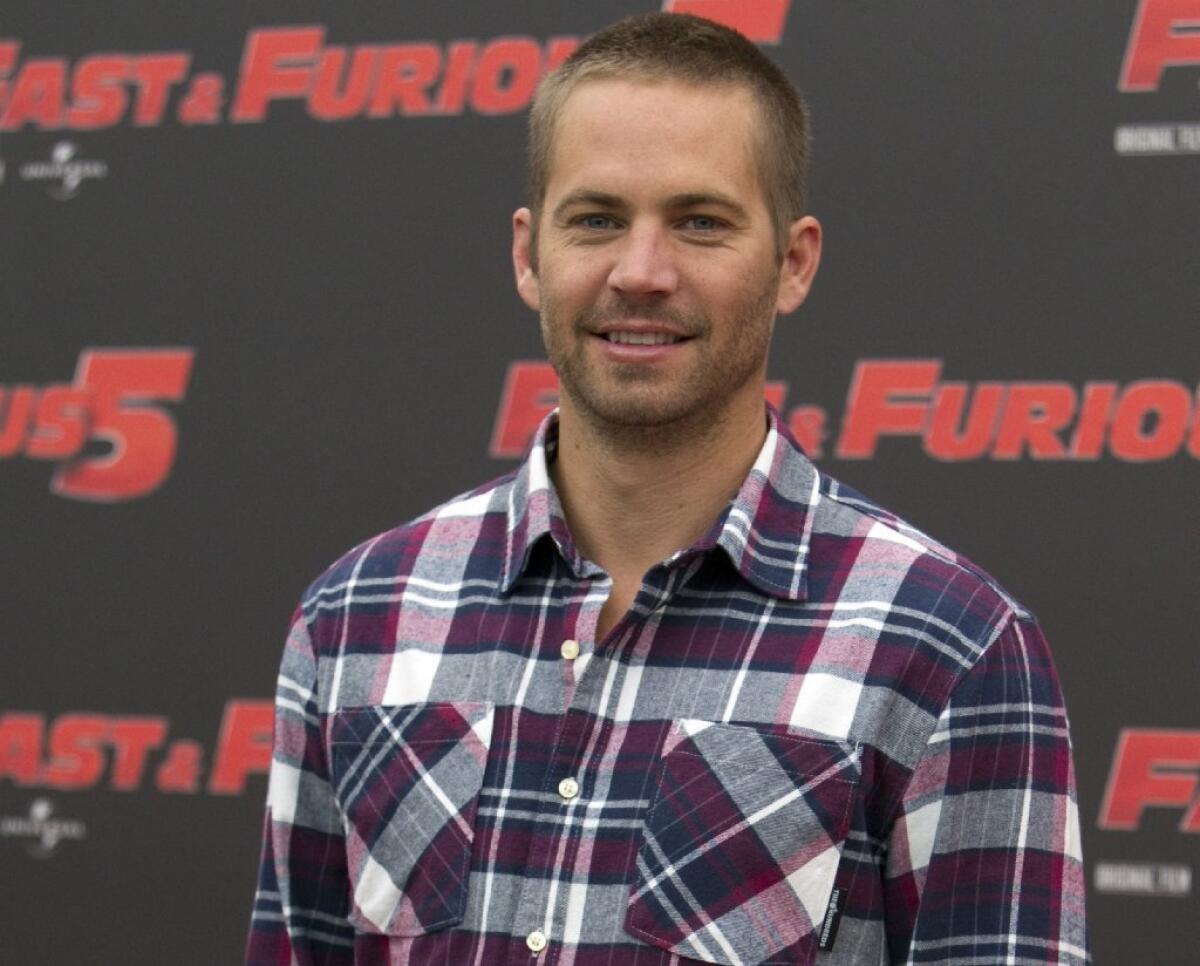When corporate grinches dress up as Santa: A holiday peeve

‘Tis the season when consumer companies fall all over each other trying to show their charitable sides. No one should have anything against that. What’s irksome, however, is when they try to enlist us, the customers, in their marketing efforts, as though we’re all just partners in helping the neediest.
You know the pitch. A company will donate some pittance to charity every time a customer makes a designated purchase. MasterCard, for instance, says it will donate a cent to the charity Stand Up to Cancer every time a customer spends $10, using his or her MasterCard, on a restaurant meal between Thanksgiving and New Year’s Day this year.
In another recent case, the Canadian airline WestJet cut a video of a surprise gift giveaway to passengers, then pledged to donate Christmas flights to a needy family if the video racked up at least 200,000 views online. (It reached that threshold this week.)
WestJet’s charity stunt was relatively innocent, since it didn’t require participants to buy anything. But it raised the same fundamental question that the MasterCard program did: Why place conditions on the donation? If a firm wants to give a flight to a needy family, it can go right ahead. Nothing’s stopping MasterCard from donating $4 million to Stand up to Cancer -- that’s its maximum commitment under its one-cent promotion -- whether its customers buy a billion dollars in restaurant meals or zero.
The most cynical such ploy of this holiday season -- in fact, possibly the most cynical such ploy ever -- has been perpetrated by Universal Pictures in the wake of the Nov. 30 death of Paul Walker, the star of its “Fast & Furious” franchise. Shortly after Walker’s death, the studio announced it would donate “a percentage of proceeds” from the DVD sales of “Fast & Furious 6,” which has just been released, to Walker’s charity, Reach Out Worldwide.
Universal trumpeted its eleemosynary venture in television ads and online. But what’s the percentage? The studio hasn’t said. Is there a cap on its donation? No clue. Is there some reason why Universal can’t donate to Reach Out Worldwide regardless of how many DVDs it sells? Who knows?
What we do know is that Universal hopped right on the charity bandwagon in a transparent attempt to exploit the worldwide publicity generated by Walker’s death.
What’s mystifying is why corporations bother with these stunts, which tend to infect their charitable images with the acrid stench of marketing. There’s even a name for the technique: “cause-related marketing.” Experts are divided on whether it really does anything to enhance the companies’ images.
As I observed a couple of years ago, the fact that cause-marketed donations look transparently opportunistic is only one drawback of the practice. Another is that the most money tends to flow to the best-known or best-marketed charities, which may not be the most deserving or neediest.
Even if you assume that Reach Out Worldwide, which focuses on relief efforts in natural disasters, is a worthy cause, it’s probably fair to assume that it’s experiencing a torrent of contributions right now. Who’s to say that Universal’s money, however much it is, might not be better steered toward an organization that isn’t receiving worldwide publicity?
Another drawback is that customers enlisted so casually in cause-marketing campaigns don’t have any incentive to examine the recipients of their indirect largesse. How many MasterCard customers have read the Form 990 disclosure statements of Stand Up to Cancer? How many DVD purchasers are checking out ROWW’s record? Here’s a reasonable approximation: none.
If a corporation is inclined to be charitable, bless its heart. But when it ties its contributions to my purchasing decisions, that’s not charity. That’s faking.
[For the record, 12:40 p.m. PST Dec. 11: An earlier version of this post said actor Paul Walker died Dec. 2. He died Nov. 30.]







